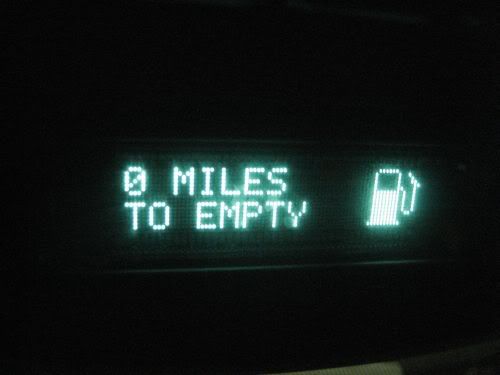Reflection can be a bitch. Sometimes we don't mean to do it, but then something triggers a memory and everything comes flooding back to us, and like it or not, we find ourselves
thinking, and
thinking, and
thinking-- about the past, about the present, about everything that we did to make things the way they are now, and everything we missed out or overlooked that could have made things different. And then some of the memories become so consuming that they literally make our stomachs heave and we have to stop to catch our breaths, before the pain becomes too great.
I did this to myself. I knew better. Just like all those other times when I thought it would be different, it turned right back around and bit me in the ass. And I have no one to blame but myself, because I knew better
. I should
have known better.
"... cried enough, but I can't stop crying. I want to keep everything the way it is, but I'm tired of everything being the way it is. The next four months will fly by, but they're not moving fast enough. I have this feeling, and I love this feeling, but I hate this feeling, because I can't do anything about it. I don't want to see anyone. I don't want to talk to anyone. But I want to talk..."
"... if this were a crime punishable by death, I would gladly face the execution over and over again..."
"... the door that leads to my escape, I've finally found the courage to open and go through it. And now that I'm standing on the other side of it, you will never be able to..."
"... is my biggest secret, and I would give..."
"... you could end up doing something you've always wanted to do in a place you never imagined you'd be doing it. The memories you have now could be nothing compared to the memories you're about..."
"...Why were you in the car in the first place?... The gas light is on... The gas light is now flashing..."
"... enough is enough is enough... If it seems to good to be true, it..."
"... in the eyes, or in the speech, or just in that little secret smile that gives a clue to the..."
"... not physically here, but is something that occurs so often that it has actually become a constant presence in our lives? And how do we explain to them that because it has become such a constant presence, we can actually..."
"... suddenly as they're flung open, they're slammed shut again, going whichever way the wind blows, and going against whichever side the boundaries..."
"... come so dangerously close to breaking, and just like that, to be made to keep..."
"... a time and place for everything..."
And then comes the silence. The monstrous, deafening silence that overrides everything that had ever been said and done.











